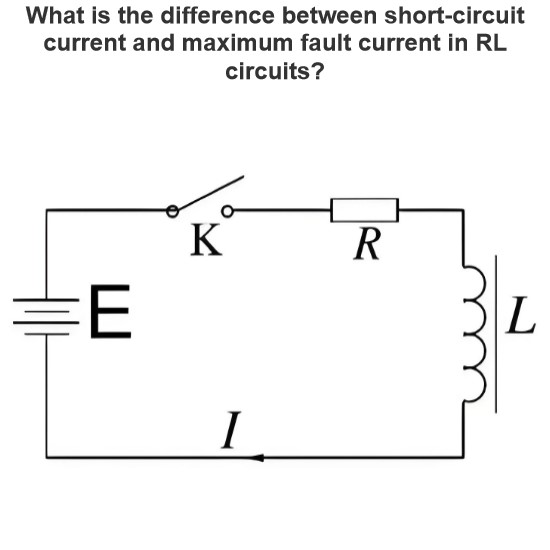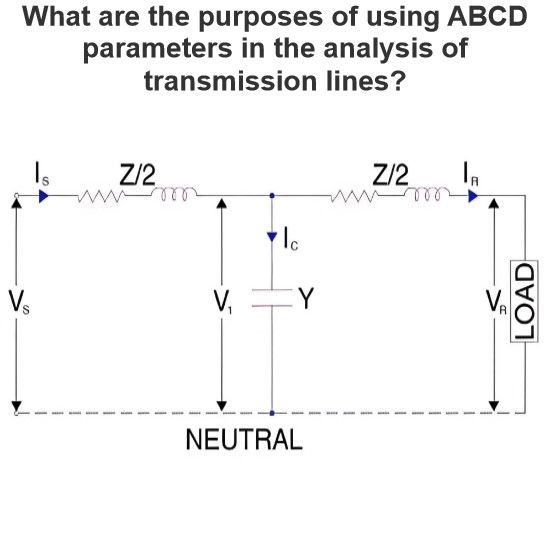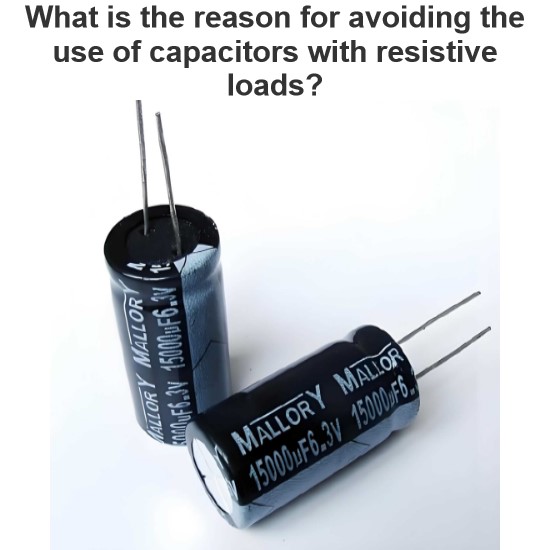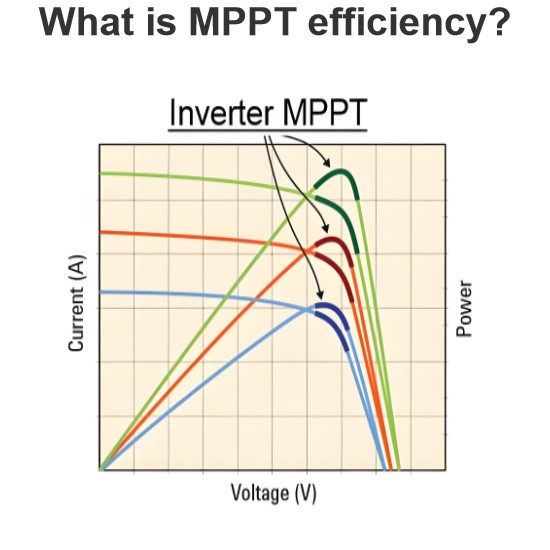Is there a correlation between the wattage of the resistor and the heat output?
There is a correlation between the wattage of the resistor and the heat output.
Meaning of wattage of resistor
The wattage (power) of the resistor refers to the maximum power that the resistor can withstand. It reflects the amount of energy that the resistor can consume or emit under normal working conditions. For example, a 5 watt resistor means that it can safely consume or emit no more than 5 watts of power while operating.
The production of heat output
When a current passes through a resistor, it generates heat according to Joule's law (Q = I²Rt). Where Q represents heat, I is current, R is resistance, and t is time. This means that the heat output of the resistor is related to the current, the resistance value, and the energizing time.
Wattage in relation to heat output
The relationship between power and heat
The power (wattage) of a resistor actually reflects the amount of heat it is able to generate or emit per unit of time. The greater the power, the more heat the resistor can generate or dissipate in the same amount of time.
For example, a 10-watt resistor typically generates more heat than a 5-watt resistor under the same conditions.
Safety consideration
The wattage of the resistor is an important parameter, which determines the upper limit of the heat output of the resistor when it is working. If the actual power consumption of the resistor exceeds its rated wattage, it will cause the resistor to overheat.
Overheating can damage the resistor and even cause safety problems such as fire. Therefore, when selecting a resistor, it is necessary to ensure that the wattage of the resistor is large enough to withstand the expected heat output according to the current, voltage and other parameters in the actual circuit.
The relationship between heat dissipation and power
High wattage resistors usually require better heat dissipation measures. Because they generate more heat, if they cannot be dissipated in time, it will cause the temperature to rise, affecting the performance and life of the resistor.
For example, in some high-power circuits, heat sinks, fans and other heat dissipation devices are used to help the resistor dissipate heat to ensure that the resistor works within a safe temperature range.
The Electricity Encyclopedia is dedicated to accelerating the dissemination and application of electricity knowledge and adding impetus to the development and innovation of the electricity industry.




